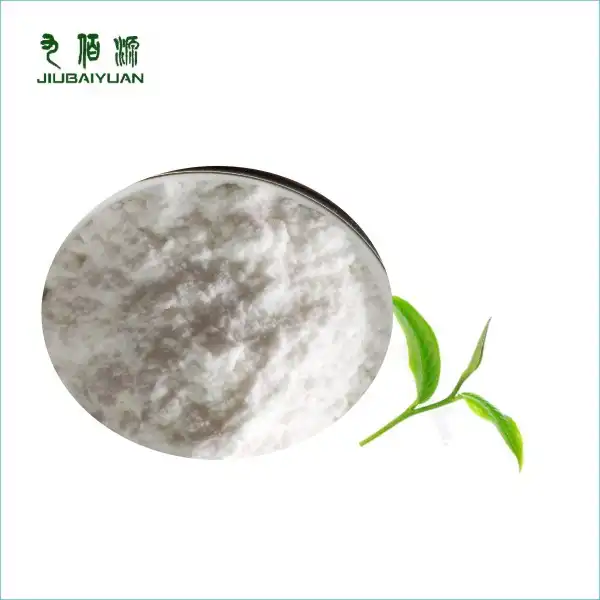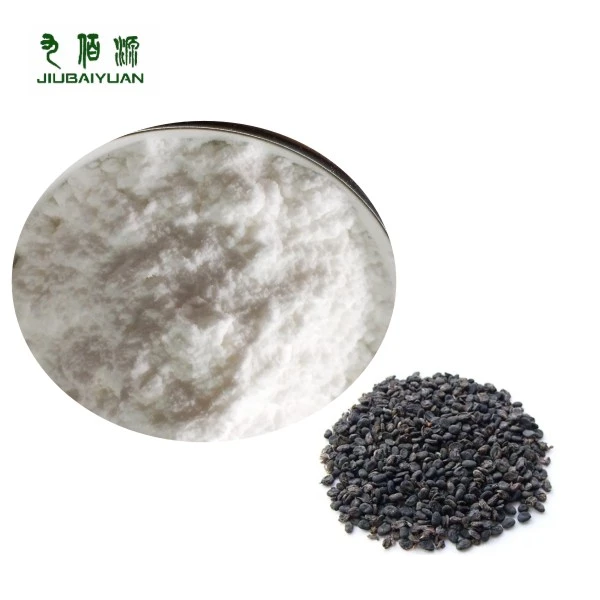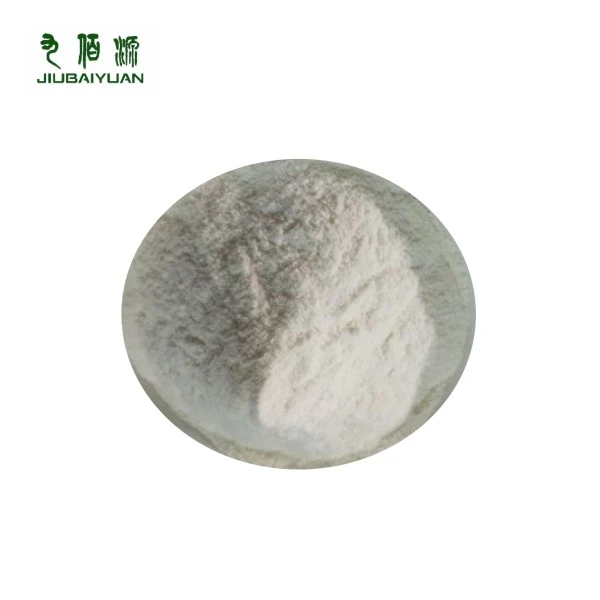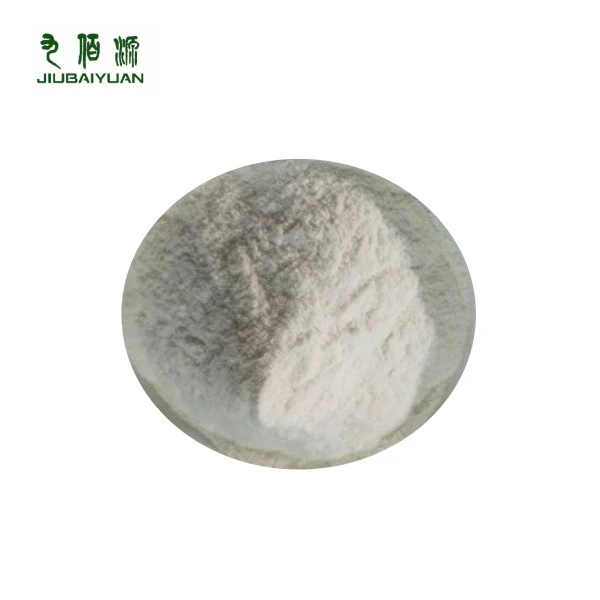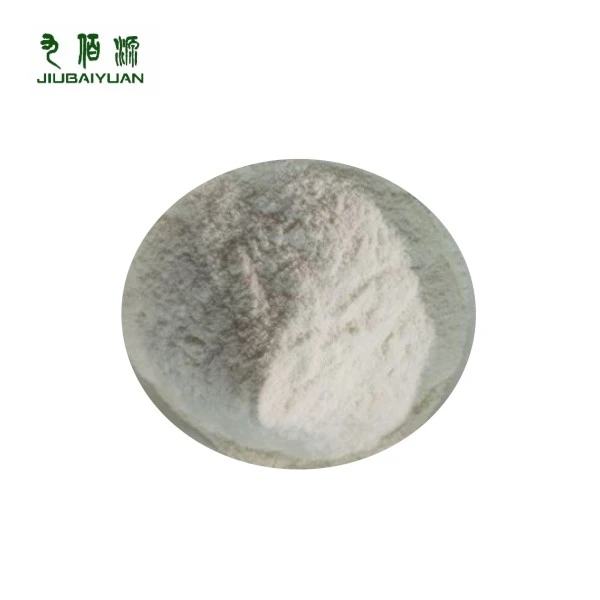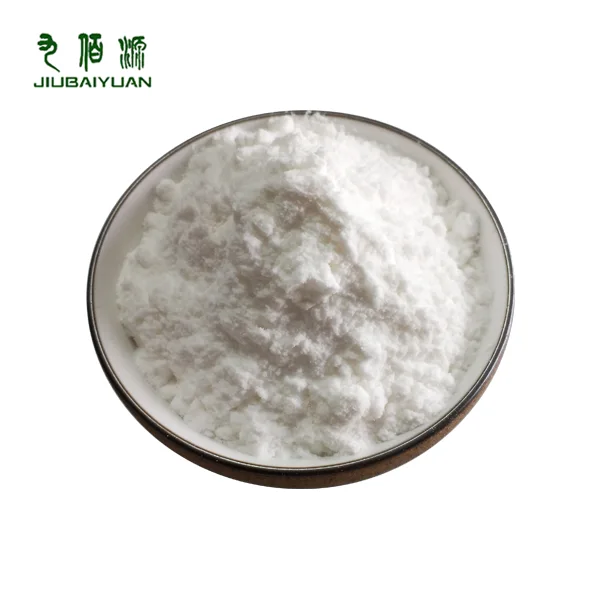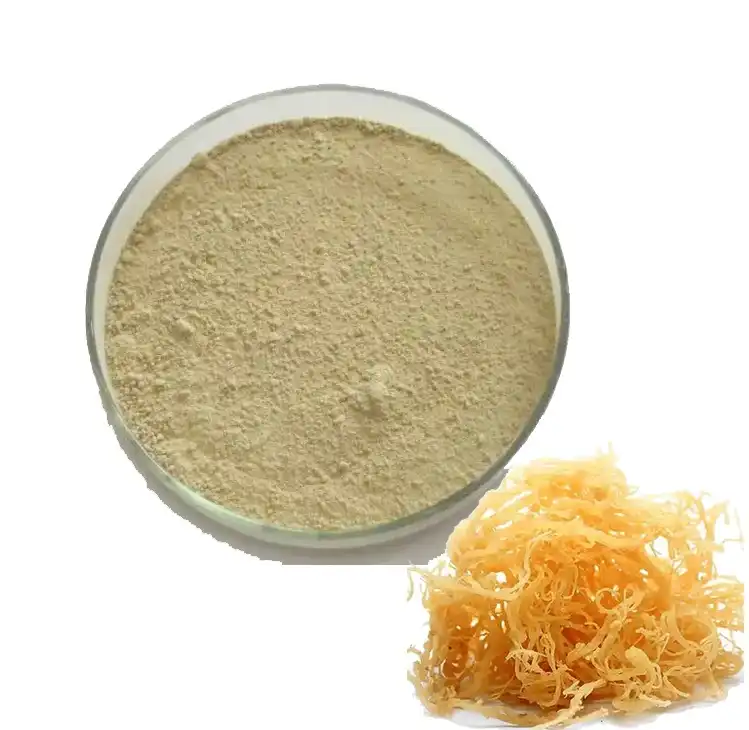Rose Petal Powder: Uses in Traditional and Modern Medicine
Rose petal powder, derived from the delicate petals of various rose species, has been a cherished ingredient in traditional medicine systems for centuries. This fragrant and versatile substance has found its way into numerous applications, from skincare to internal remedies. In recent years, modern scientific research has begun to uncover the potential benefits of rose petal powder, validating many of its traditional uses and discovering new applications. This article delves into the fascinating world of rose petal powder, exploring its rich history in traditional medicine and its emerging role in contemporary healthcare practices.
Exploring the Healing Properties of Rose Petal Powder
Rose petal powder is renowned for its multifaceted therapeutic properties. The powder is rich in various bioactive compounds, including flavonoids, tannins, and essential oils, which contribute to its medicinal value. These components imbue rose petal powder with a range of beneficial properties:
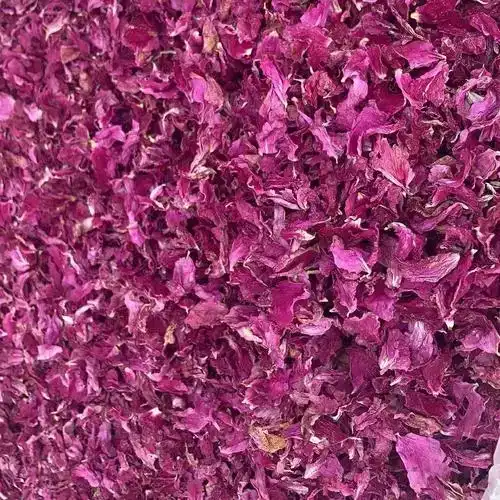
- Anti-inflammatory effects: Rose petal powder has shown promise in reducing inflammation, making it potentially useful for various inflammatory conditions.
- Antioxidant activity: The high concentration of antioxidants in rose petal powder helps combat oxidative stress and may contribute to overall health and longevity.
- Antimicrobial properties: Some studies suggest that rose petal powder possesses antimicrobial properties, which could be beneficial in fighting certain types of infections.
- Skin-soothing abilities: The gentle nature of rose petal powder makes it an excellent ingredient for soothing sensitive or irritated skin.
- Mood-enhancing effects: The aroma of rose petals is known to have a positive impact on mood and emotional well-being.
Rose Petal Powder as an Ancient Remedy
The use of rose petal powder in traditional medicine systems dates back thousands of years. Various cultures around the world have incorporated this fragrant powder into their healing practices, recognizing its potential to address a wide range of health concerns.
1. Ayurvedic Medicine: In Ayurveda, the traditional medicine system of India, rose petal powder is known as "Gulab." It is valued for its cooling properties and is often used to balance the Pitta dosha (associated with fire and water elements). Ayurvedic practitioners have long used rose petal powder for:
- Improving digestion and relieving constipation
- Cooling the body and reducing excess heat
- Enhancing skin health and complexion
- Promoting emotional balance and mental clarity
- Supporting heart health
2. Traditional Chinese Medicine (TCM): In TCM, rose petals and their powder form are associated with the Heart and Liver meridians. Practitioners of TCM have historically used rose petal powder for:
- Regulating qi (vital energy) and promoting blood circulation
- Alleviating menstrual discomfort
- Reducing stress and anxiety
- Improving digestion and relieving stomach discomfort
- Enhancing skin health and appearance
3. Persian and Middle Eastern Medicine: Rose has been a significant ingredient in Persian and Middle Eastern traditional medicine for centuries. In these traditions, rose petal powder has been used for:
- Treating respiratory issues such as coughs and sore throats
- Alleviating headaches and migraines
- Improving cardiovascular health
- Enhancing mood and reducing melancholy
- Promoting healthy skin and hair
These traditional uses of rose petal powder highlight its versatility and the high regard in which it has been held across various cultures. Many of these applications are now being investigated by modern science, leading to exciting developments in the field of natural medicine.
Modern Applications of Rose Petal Powder in Medicine
As scientific research continues to explore the potential of natural remedies, rose petal powder has garnered significant attention in the medical community. Modern studies have begun to validate many of the traditional uses of rose petal powder while also uncovering new potential applications. Here are some of the ways rose petal powder is being investigated and used in contemporary medicine:
1. Skincare and Dermatology: The skincare industry has embraced rose petal powder for its gentle yet effective properties. Modern dermatological applications include:
- Anti-aging formulations: The antioxidants in rose petal powder may help combat signs of aging by neutralizing free radicals.
- Treatment of skin conditions: Its anti-inflammatory properties make it a potential ally in managing conditions like eczema and rosacea.
- Natural exfoliation: The fine texture of rose petal powder provides gentle exfoliation, helping to remove dead skin cells and promote a brighter complexion.
- Wound healing: Some studies suggest that rose petal powder may accelerate wound healing and reduce scarring.
2. Mental Health and Neurology: The aromatherapeutic properties of rose petal powder are being explored for their potential impact on mental health:
- Stress reduction: Inhalation of rose petal powder aroma has been shown to reduce cortisol levels, potentially aiding in stress management.
- Mood enhancement: Some studies suggest that rose aromatherapy may have antidepressant-like effects.
- Sleep improvement: The calming properties of rose petal powder may contribute to better sleep quality.
3. Cardiovascular Health: Emerging research is investigating the potential cardiovascular benefits of rose petal powder:
- Blood pressure regulation: Some studies suggest that rose petal extract may help lower blood pressure.
- Cholesterol management: Preliminary research indicates that rose petal powder may have a positive effect on lipid profiles.
4. Digestive Health: Modern research is exploring the traditional use of rose petal powder for digestive issues:
- Anti-inflammatory effects: Rose petal powder may help reduce inflammation in the digestive tract.
- Probiotic support: Some studies suggest that rose petal extract may support the growth of beneficial gut bacteria.
5. Pain Management: The analgesic properties of rose petal powder are being investigated for various applications:
- Menstrual pain relief: Some studies have shown promise in using rose extract to alleviate menstrual discomfort.
- Headache management: The aromatherapeutic properties of rose may help in managing tension headaches.
6. Immunology: Research is ongoing into the potential immune-boosting properties of rose petal powder:
- Antiviral activity: Some studies suggest that rose petal extract may have antiviral properties.
- Immune system modulation: Certain compounds in rose petals may help regulate immune system function.
Conclusion
In conclusion, rose petal powder stands as a testament to the enduring value of natural remedies. From its revered status in ancient healing traditions to its emerging role in modern medicine, this fragrant powder continues to captivate researchers and health enthusiasts alike. As we continue to bridge the gap between traditional wisdom and modern science, rose petal powder offers a promising avenue for holistic health and wellness.
For those interested in exploring the benefits of rose petal powder or other plant extracts, Xi'an Jiubaiyuan Biotechnology Co., Ltd. offers a wide range of high-quality botanical extracts. To learn more about our products and how they can be incorporated into your health and wellness regimen, please contact us at emily@jiubaiyuanbiotech.com.
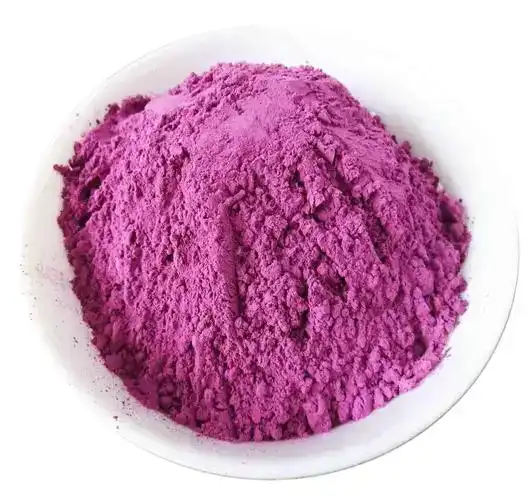
References
1. Boskabady, M.H., Shafei, M.N., Saberi, Z., & Amini, S. (2011). Pharmacological effects of Rosa damascena. Iranian Journal of Basic Medical Sciences, 14(4), 295-307.
2. Nayebi, N., Khalili, N., Kamalinejad, M., & Emtiazy, M. (2017). A systematic review of the efficacy and safety of Rosa damascena Mill. with an overview on its phytopharmacological properties. Complementary Therapies in Medicine, 34, 129-140.
3. Mohebitabar, S., Shirazi, M., Bioos, S., Rahimi, R., Malekshahi, F., & Nejatbakhsh, F. (2017). Therapeutic efficacy of rose oil: A comprehensive review of clinical evidence. Avicenna Journal of Phytomedicine, 7(3), 206-213.
4. Mahboubi, M. (2016). Rosa damascena as holy ancient herb with novel applications. Journal of Traditional and Complementary Medicine, 6(1), 10-16.
5. Schmitt, R., Meier, C., & Wüthrich, B. (2010). Allergic contact dermatitis from Rosa centifolia in a cosmetic cream. Contact Dermatitis, 62(5), 319-320.

